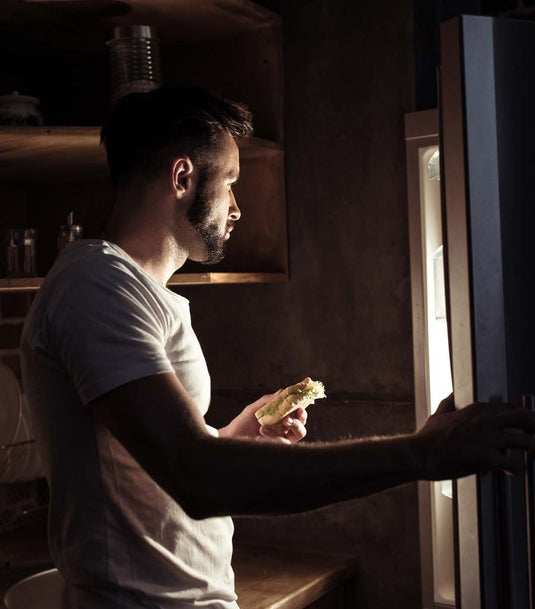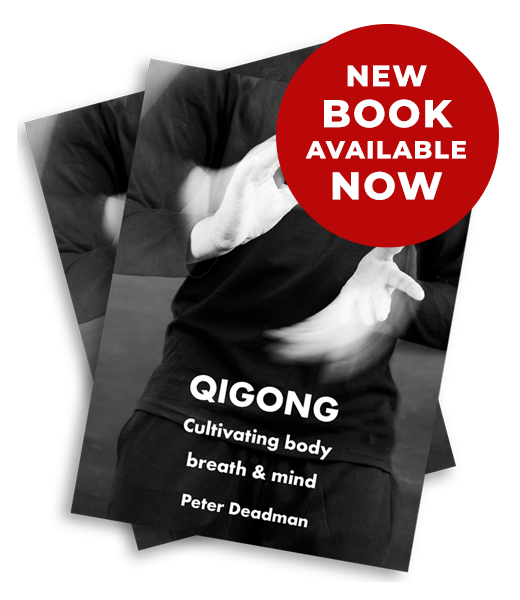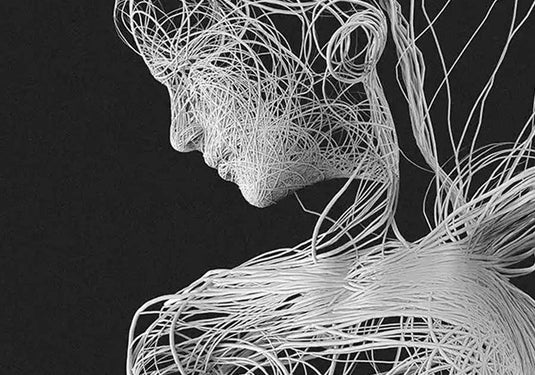Eating most of our food earlier in the day and only eating lightly and early in the evening is an established tenet of most traditional dietary wisdom. Various pithy sayings drum this in … “Eat a hearty breakfast, a moderate lunch and a small supper” (Chinese), “Breakfast like a king, lunch like a merchant and sup like a pauper” (English), “Eat your breakfast alone, share your lunch with a friend and give your supper to your enemy” (Jewish).
As usual, Chinese medicine has a fine understanding of why. It recognises that digestion requires a lot of yang energy and because the microcosmic human body is attuned to the macrocosmic world we live in, this is more readily available in the earlier (sun rising and reaching its zenith) part of the day, than the latter part when yang is decreasing and yin night comes on. This weaker digestive function is compounded by the fact that if we eat late and go to bed with a full stomach, immobility through the night makes food transformation even harder.
These (perhaps wacky sounding) ideas have pretty comprehensively been borne out by research showing greater obesity and insulin resistance in those who eat late in the day, even when they eat fewer calories overall.
A study published today comes up with a different take on late eating. Eating late has a negative impact on overnight blood pressure which normally dips during the night, in fact eating late had a greater impact on high blood pressure than a high salt diet. This is likely to significantly increase the risk of cardiovascular disease.
The worst effect came from eating less than two hours before bedtime, but the study author – Dr Ebru Özpelit, associate professor of cardiology, Dokuz Eylül University, Izmir, Turkey – suggested that 7pm is the ideal time for the evening meal.
The study was presented at the European Society of Cardiology Congress in Rome, September 2016.





